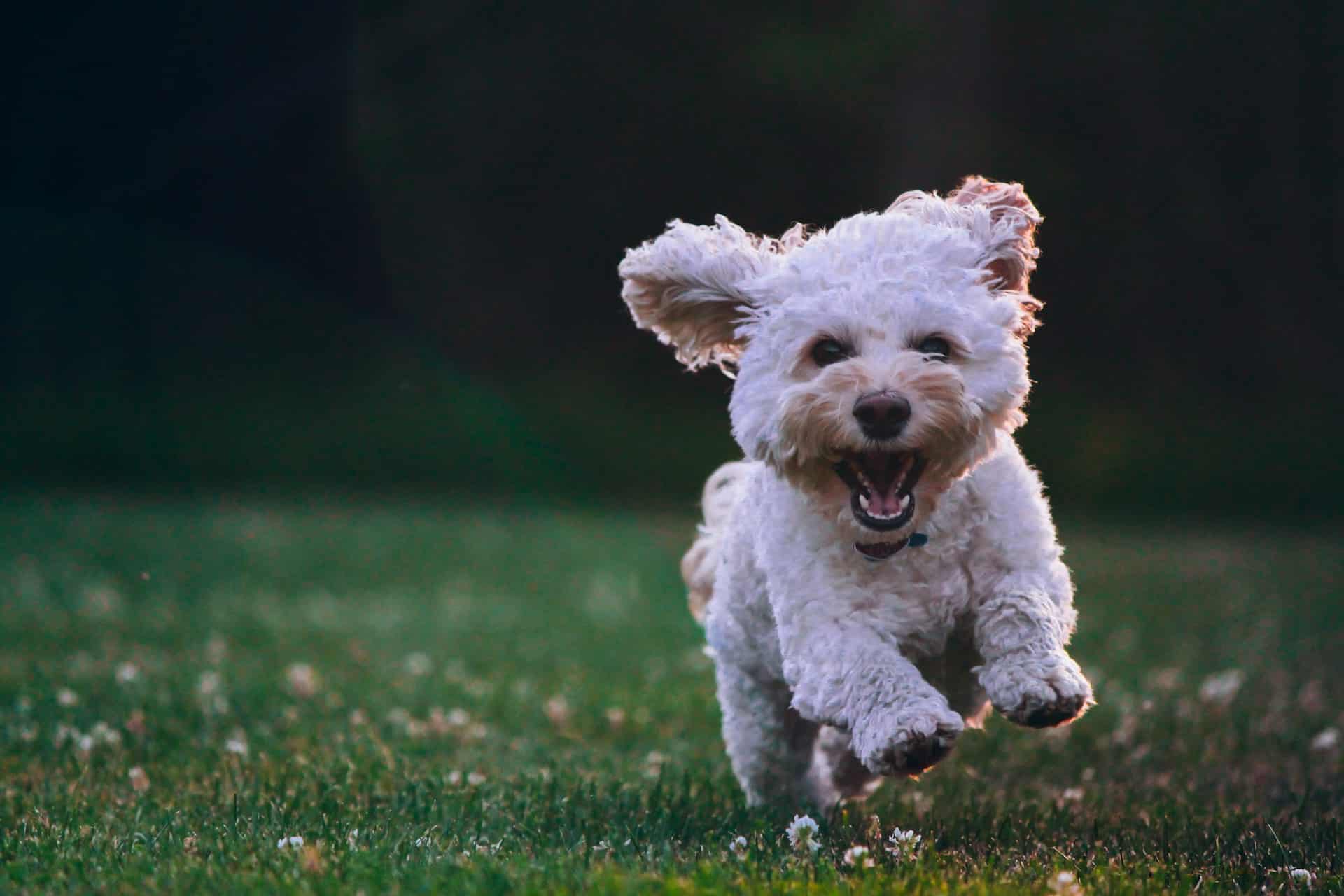What Are the Best Tips for Traveling with a Service Dog in Training?

When it comes to traveling with a service dog in training, there are a lot of factors to consider. It’s a complex process that involves a significant amount of preparation, patience, and understanding. Like humans, dogs also get stressed during travel, especially when it involves a flight. As you might already know, service dogs are not just any ordinary pet; they are trained animals meant to assist individuals with disabilities. Thus, it’s essential to be prepared and to know the different regulations each airline has regarding service animals.
Understanding the Guidelines of Different Airlines
Before you plan your travel, you need to familiarize yourself with airline guidelines. Each airline has its own set of rules and regulations regarding traveling with service animals.
A lire aussi : How to Manage a Multi-Cat Household to Reduce Feline Stress and Aggression?
While airlines are obligated under the Department of Transportation (DOT) to allow service animals onboard, they can require travelers to fill out forms verifying the animal’s status and behavior. It is crucial to understand these prerequisites to prevent any last-minute chaos. A good starting point is the airline’s website, where you can find detailed information about their policies, the needed forms, and the necessary steps to take.
In most cases, airlines require a valid form from a licensed healthcare professional stating the person’s disability and the necessity of a service animal. Some airlines might also require a behavior form that ensures the dog is well-trained and can behave appropriately during a flight.
A voir aussi : How to Develop a Positive Crate Training Experience for a Rescue Basset Hound?
Preparing Your Service Dog for the Flight
The key to a successful flight with your service dog in training lies in preparation. It’s important to make your dog familiar with the environment it will encounter at the airport and during the flight.
Create an environment that mimics the sounds and vibrations of a flight. This will help your dog to get comfortable with the idea of flying. You can also take your dog to the airport for a walk to familiarize them with the hustle and bustle.
A dog’s ears are very sensitive, and they might get uncomfortable or scared due to changes in pressure during the flight. Before your flight, ask your vet about any specific care you should take or any medicine your dog might need.
Navigating Through the Airport
Airports can be a quite chaotic place for dogs due to the large crowds, loud noises, and unfamiliar environments. It’s essential to keep your service dog calm and composed during this time.
Ensure you have all the necessary documents, such as the DOT service animal form or any other forms required by the airline, ready and accessible. This will help make the check-in process smoother and quicker.
Moreover, allot plenty of time for bathroom breaks before your flight. Some airports have designated pet relief areas where you can take your dog. Also, remember to feed your dog at least four hours before your flight to prevent them from getting sick during the journey.
In-Flight Essentials for Your Service Dog
Traveling with a service dog requires some essential items to ensure their comfort and wellbeing during the flight. Always carry their favorite toys, snacks, and a blanket to help them feel secure and comfortable.
However, remember that most airlines do not allow service dogs to occupy a seat. They should either sit in your lap or in the space in front of your seat. Training your service dog to stay calm and composed in these restricted spaces is crucial.
Also, remember to carry a leash for your service dog. Though your service dog might be trained to follow your commands, in unfamiliar environments like an airplane or an airport, a leash can provide additional security.
Post-Flight Care for Your Service Dog
After landing, give your dog some time to adjust to the new environment. Dogs can experience jet lag just like humans. Noticing changes in their appetite, sleep pattern, or behavior is common.
Keep them hydrated and feed them well once you reach your destination. Also, try to keep their routine as normal as possible to help them adjust to the new place. It’s critical to give your service dog some time to relax after a long journey.
Traveling with a service dog in training may seem daunting at first, but with the right preparation, it can become an enriching experience. Above all, remember that every dog is unique and might react differently to travel. Hence, it’s crucial to understand their needs, and act accordingly, ensuring a smooth and comfortable journey for both you and your service dog.
Training Your Service Dog for Air Travel
When it comes to air travel, it’s important to get your service dog familiarized with the ins and outs of flying. This includes the hectic environment of the airport, the sounds and sensations during the flight, and the new environment at the destination.
Start by introducing your service animal to various sounds that they might experience during travel, such as the hum of an airplane or the noise of an airport terminal. There are various soundtracks available online that mimic these sounds. This kind of exposure helps in reducing any stress or anxiety that your dog might feel during the actual travel.
Many service dogs are not used to being restrained in small spaces for long periods, which is a common scenario during flights. Therefore, crate training your service dog can be beneficial. Make it a positive experience by providing treats and rewards, so they associate the crate with good things.
Moreover, it’s also beneficial to familiarize your service dog with the process of going through airport security. You can do this by taking them through mock security checks at home. Remember, your dog will need to walk through the metal detector separately from you, so it’s important that they’re comfortable doing this.
Additionally, practice having your dog on your lap for longer periods if they’ll be seated there during the flight. Remember, your service dog should be small enough so as not to obstruct the aisle or other passengers.
Conclusion: Building Confidence in Your Service Dog
Traveling with a service dog in training is a significant responsibility. It requires a great deal of preparation, practice, and patience. However, with proper training and the right tools, your service dog can become a confident and comfortable traveler.
Traveling with your service dog can be a rewarding experience, offering both companionship and assistance during your journey. It’s important to remember that every dog is unique and might react differently to various situations. Hence, having a comprehensive understanding of your dog’s behavior is crucial.
Also, being aware of and complying with all the guidelines and regulations set by the Department of Transportation and individual airlines is a must while traveling with service dogs. Always keep your dog’s comfort and security at the forefront.
Lastly, take the time to appreciate the hard work and dedication of your service dog. They are not only your companion but also your lifeline. So, make sure to shower them with love and care as they adjust to the new environment post-travel.
With proper planning, preparation, and training, your service dog will become a seasoned traveler in no time. The journey may be challenging, but the rewards at the end are worth every effort.
Remember, your service dog’s well-being is paramount. Their comfort, security, and happiness are instrumental in ensuring that they can perform their duties to the best of their abilities. Travel safe and enjoy your journey with your service dog!
